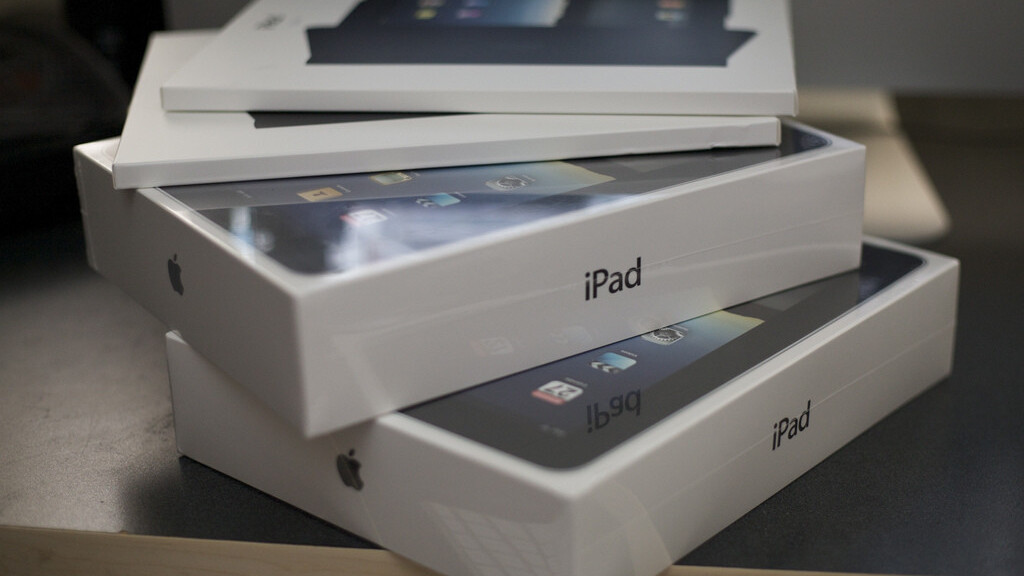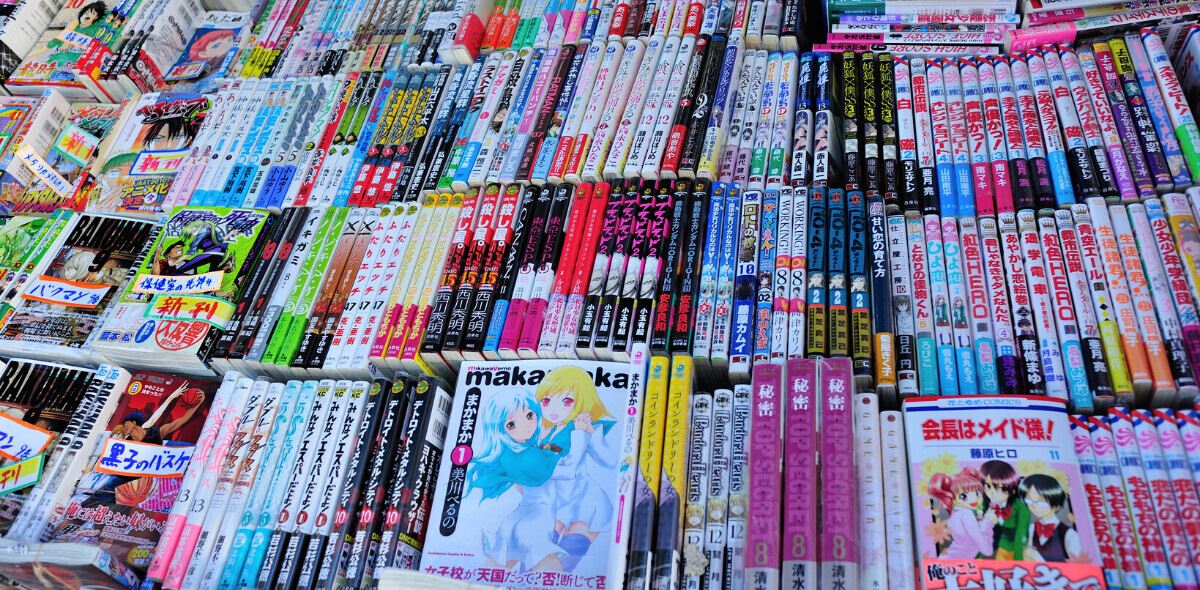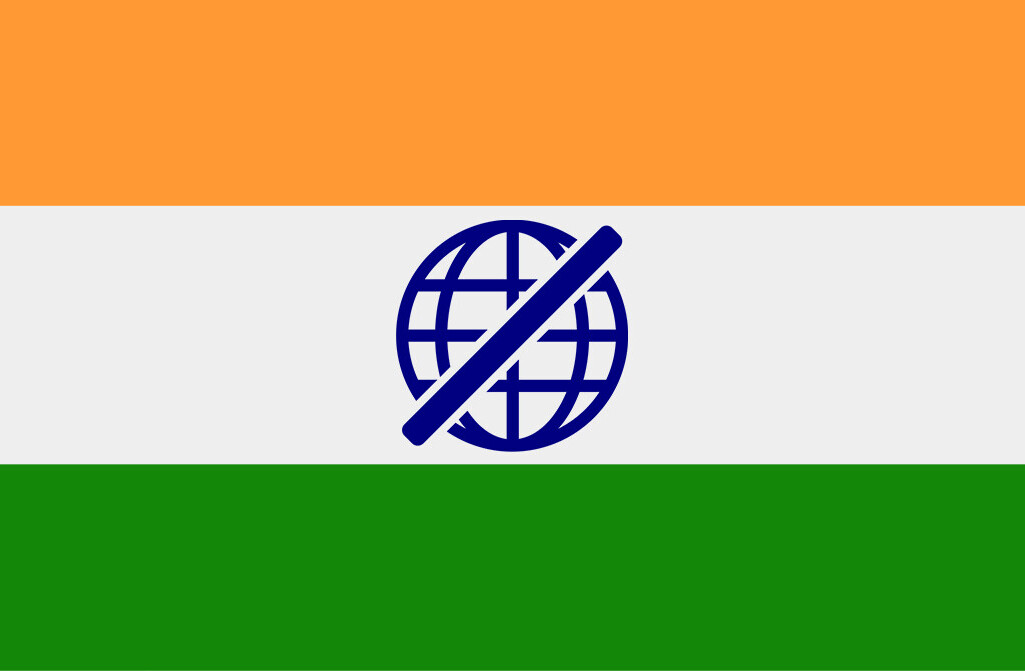
Apple and Taiwanese firm Proview look set to settle their ongoing legal case around the ownership of the ‘iPad’ trademark, after a Chinese court revealed that it is pushing the two companies to reach an agreement.
“On the one hand, we are trying to process this case, and on the other, we are working on encouraging both sides to settle,” Zhao Le, an official at the foreign affairs office of the Higher People’s Court of Guangdong, told Businessweek.
The comments were echoed by Proview’s lawyer Roger Xie who told the publication that the company has “started work, through the mediation of the court, on trying to get both sides to settle”.
The case has been ongoing since 2010, but it re-emerged this year after Apple contested a decision which ruled that Proview was the legal holder of the ‘iPad’ trademark in China, despite Apple purchasing it via a shell company.
Proview indicated its interest in settling with Apple as early as February, the same month that company chairman Yang Rongshan warned that Apple that it must “properly” compensate the company if it wishes to gain legal ownership of the trademark.
The case was paused while troubled Proview staved off a liquidation request from one of its creditors at the beginning of the month, and a cash payout from Apple could provide the financially-strapped firm with the means to pay much of its debt back to its creditors.
The Bank of China and Minsheng Bank are said to have been “controlling” Proview since 2009 and, owed significant sums by the firm, the banks are believed to be keen on negotiating a settlement with Apple, which could bring a lucrative pay out.
More than that however, the stakes are high for China and that makes a settlement inevitable, according to Dan Harris, a China and emerging markets specialist with Harris Moure, pllc.
Writing on the firm’s ‘China Law Blog’, Harris explains that the consequences of a Proview victory could be devastating for China. China’s reputation within the international business world would almost certainly be affected, he argues:
The world would freak out even more about China’s IP protections and at least some foreign companies would cite this case to justify not going into China, not selling their product into China, not working with Chinese companies, and even not buying from China. None of this would be good for China.
A defeat could also see Apple withdraw some, or all, of its investment in China. Harris argues that the Chinese government is likely involved in the decision, and the repercussions of the decision are likely to see a settlement:
The second way in which a Proview court victory would hurt China is that it would probably lead to Apple moving its iPad manufacturing (or at least some large parts of it) out of China.
Apple has yet to release its newest iPad in China. How do you think the lose of iPad related jobs will play among China’s masses? How do you think the loss of the iPad at retail will play among China’s elites? I am quite certain the Chinese government is thinking about these things.
CEO Tim Cook recently visited China, meeting with Chinese vice premier Li Keqiang while he was there. Proview described it as a “political public relations campaign” and, if Harris is right about the level of state involvement, that meeting could well have been a contributor to the court’s position.
Apple’s China-based spokeswoman declined to comment on the latest twist of the case but, with the court and Proview moving towards a settlement, the end of the iPad trademark saga in China is surely near.
Apple’s is yet to release its latest iPad in China or reveal its launch date, and the ending of the iPad trademark case could speed the tablet’s introduction in China, where ‘gray market’ devices have already arrived in numbers.
Get the TNW newsletter
Get the most important tech news in your inbox each week.




